Developing enquiries
In the EYFS this needs to be kept simple and activities should carefully build on previous learning. Read more
-

HA Enquiry Toolkit
ArticleClick to view -

Scheme of work: Significant historical events, people and places in their own locality
ArticleClick to view -
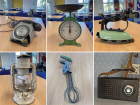
Exploring the past through active enquiry
ArticleClick to view -
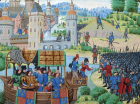
How can we teach about medieval Britain in primary schools?
ArticleClick to view -

Scheme of work: Local history – the story of our High Street
ArticleClick to view -

Ideas for Assemblies: Refugee stories
ArticleClick to view -
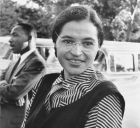
Why is diversity so important and how can we approach it?
ArticleClick to view -

Learning about the past through ‘ourselves and our families’
ArticleClick to view -

Learning about the past through toys and games
ArticleClick to view -
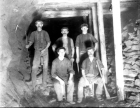
Local history and a sense of identity
ArticleClick to view -

Beyond compare: a study of Beatrix Potter and Benjamin Zephaniah
ArticleClick to view -
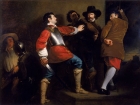
Resourcing primary history: How to avoid going for any old thing
ArticleClick to view -

Planning for 'Changes within Living Memory'
ArticleClick to view -

Sarah Forbes Bonetta: Scheme of Work
ArticleClick to view -
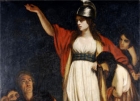
Developing enjoyable historical investigations
ArticleClick to view -

From Home to the Front: World War I
ArticleClick to view -

Assessment and Progression without levels
ArticleClick to view -
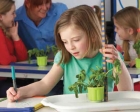
Using 'Development Matters' in the Foundation stage
ArticleClick to view -
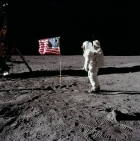
Implementing the 2014 curriculum in Year 2
ArticleClick to view -

The 2014 History National Curriculum: how to get the best from heritage
ArticleClick to view

